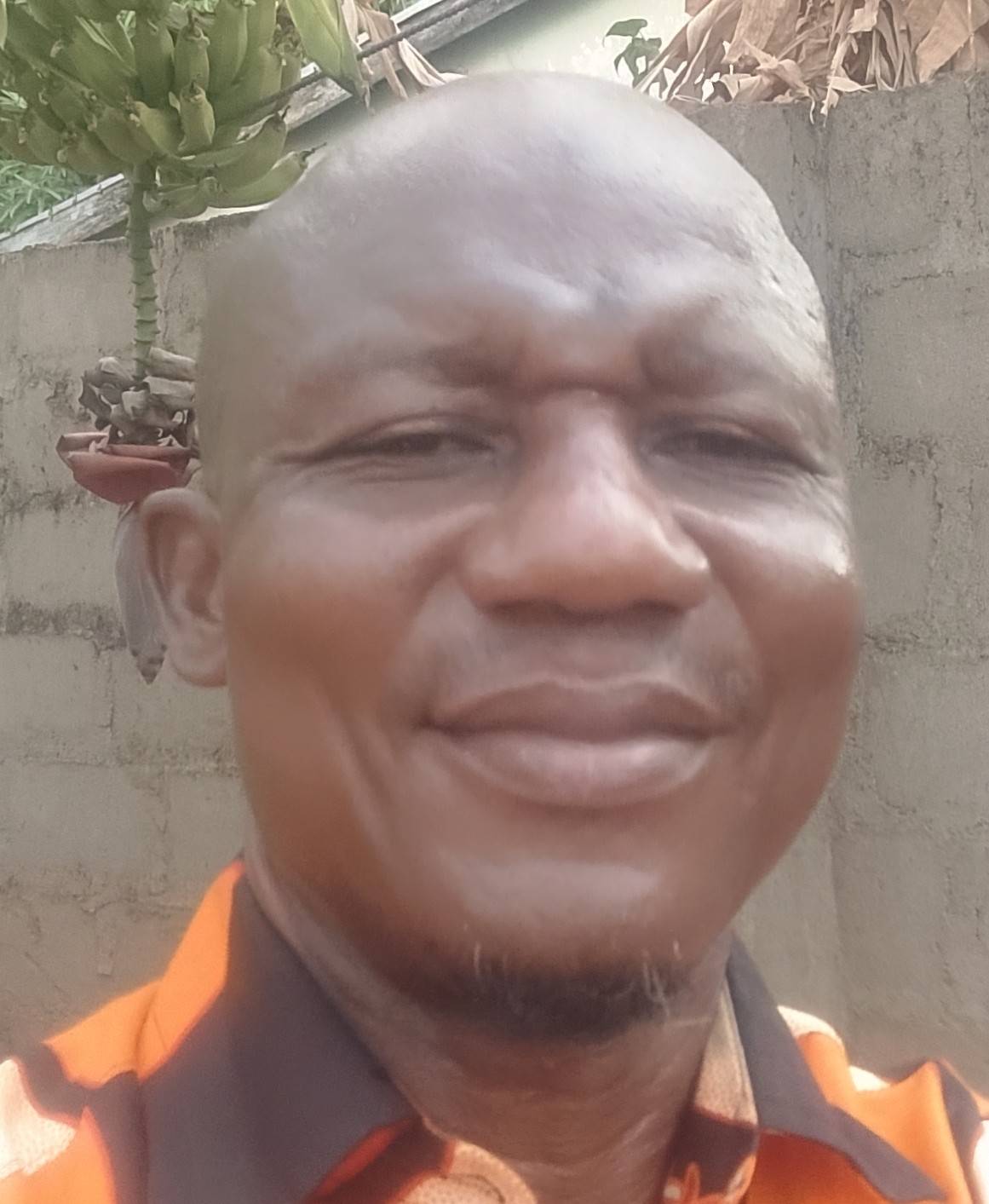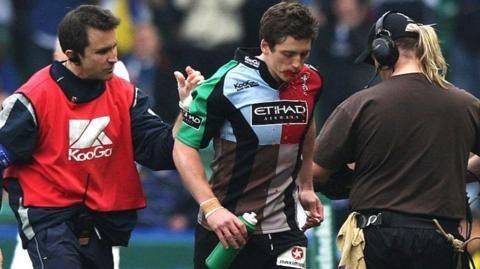From the Pitch to the Presidency: The Remarkable Journey of George Weah, Liberia's Soccer Legend
In sport, there are few more inspirational stories than that of George Weah—Africa's first and only Ballon d'Or winner and former president of Liberia. From the dirty streets of Monrovia to global soccer stardom and then to the presidency of his country, Weah's life is a testament to perseverance, greatness, and an altruistic love for his people.
The Early Days
George Tawlon Manneh Oppong Ousman Weah was born on October 1, 1966, in Clara Town, a Monrovian slum settlement in Liberia. Raised by his grandmother after his parents separated, Weah's humble background did not deter his ambition. Like most African children, he found solace and purpose on the soccer pitch. With sheer talent and persistence, he climbed up the local Liberian teams until he was noticed by international scouts.
Rising Star in World Football
Weah's big break came when he was discovered by Cameroonian coach Claude Le Roy, who introduced him to Arsène Wenger at AS Monaco in France. That move marked the start of a legendary professional career in Europe. From Monaco to Paris Saint-Germain, AC Milan, Chelsea, and Manchester City, Weah dazzled fans with his explosive speed, clinical finishing, and exceptional skill.
His peak of success came in 1995 when he won the FIFA World Player of the Year and the Ballon d'Or—the first, and to date only, African player to be honored with these extremely prestigious awards. He dominated the football world for over a decade and was respected not just for his ability but for his humility and leadership.
Turning to Politics
Even as an active player, Weah never forgot his roots. He invested in local development projects, sponsored youth programs, and spoke passionately about the future of Liberia. The 14-year civil war that ravaged his nation had a deep effect on him, and when the nation was being rebuilt after the war, Weah felt the need to serve beyond the football field.
Weah first competed for president in 2005, shortly after retiring from soccer. Despite losing to Ellen Johnson Sirleaf, the experience provided a greater appreciation of policy and governance. He returned to school—earning a degree in business administration and later a Master's in Management—in an effort to better prepare himself for leadership.
Becoming President
In 2017, George Weah made history again—this time in politics. He ran on the ticket of the Coalition for Democratic Change (CDC) and won the presidency in a landslide, marking Liberia's first democratic transfer of power in over 70 years. His inauguration was celebrated not just in Liberia but also in Africa, where many saw his ascent as an inspiration.
Legacy and Challenges
Weah's presidency has not been without its problems. His government has struggled with economic issues, unemployment among young people, and allegations of corruption. Nevertheless, Weah remains a popular figure among Liberian youths, who see him as one of their own—a president who relates to poverty, ambition, and the pursuit of change.
He has prioritized education reform, road construction, and healthcare enhancement, and while progress has been slow, Weah's supporters indicate that his ambition to uplift Liberia is genuine. His humility, continued accessibility to ordinary Liberians, and his remarkable personal history continue to inspire.
A Symbol of Possibility
George Weah's life defies convention. From playing with a ball barefoot on dusty fields to lifting up global trophies, and from the roar of stadia to the halls of power, he has shown that it is possible to make it big no matter where one is from. In an era where most leaders seem detached from their citizens, Weah's story is a reminder of what can be attained once passion and purpose converge.
Not just a soccer legend or a politician—George Weah is a symbol of Africa's untapped potential and an inspiration to future generations.



No comments yet
Be the first to share your thoughts!